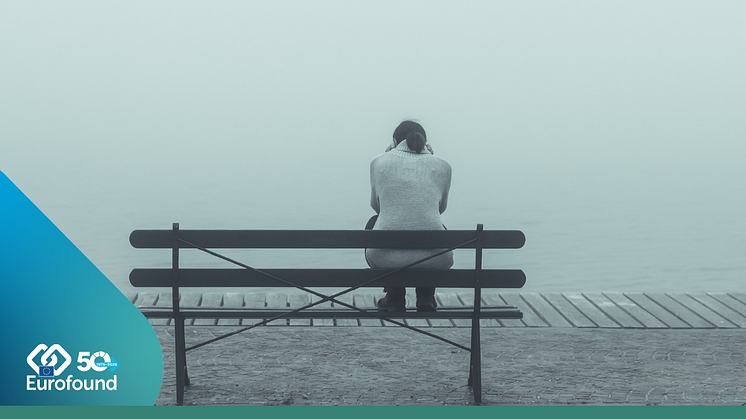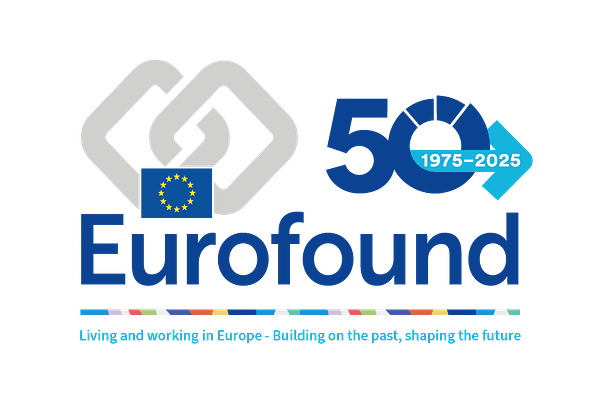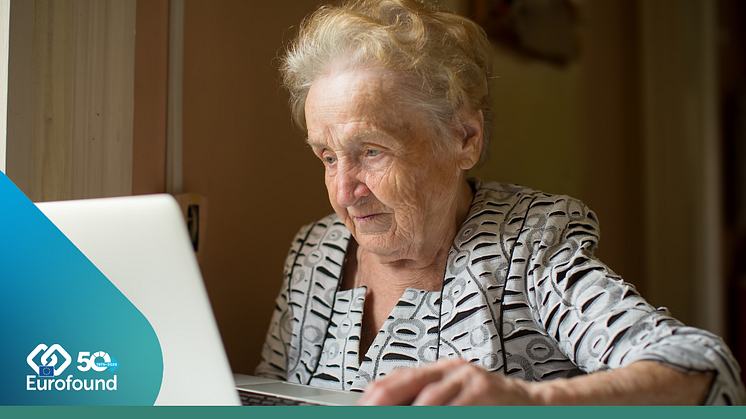
Press release -
New study finds suicide is now the leading cause of death for young people in Europe
The long-term decline in suicide death rates across the EU has stalled, marking an alarming reflection of poor mental health in Europe. Suicide accounted for 18.9% of deaths among 15–29-year-olds in 2021, ahead of traffic collisions (16.5%). Eurofound analysis also reveals that in 2021, poor mental health resulted in 11.1 million years of life lost or lived with disability.
The agency’s new report, Mental health: Risk groups, trends, services and policies, shows that there have been recent increases in suicide deaths, particularly among women under 20 and men over 85. Overall, the issue is also profoundly gendered: men are 3.7 times more likely to die by suicide than women, even though women are more likely to report poor mental health and seek primary care for it.
The report highlights that mental health is deeply stratified by socioeconomic factors. Those on lower incomes or with less education, single adult households, and groups experiencing discrimination are at higher risk. People with disabilities are disproportionately impacted, partly attributed to the fact that they are less likely to be in gainful employment.
The cost-of-living crisis has exacerbated these issues for the population as a whole; in Ireland, for example, 57% of adults reported that financial worries were harming their mental health.
The report delves into various issues likely to be impacting mental health across the continent, such as the dual nature of digitalisation. While moderate use of digital tools can foster social connections, overuse presents a clear risk. Problematic social media use among children aged 11-15, particularly girls, has increased significantly in Europe since 2018.
This is a particular concern in countries such as Bulgaria, Ireland, Malta, and Romania, which reported the highest rates. In Germany, an estimated 1 in 16 children were already addicted to social media or digital games by 2019, more than double the rate from four years earlier.
Despite formal entitlements to free or low-cost mental healthcare in most EU countries, the report identifies significant practical barriers. Stigma and discrimination are major deterrents, and a critical lack of capacity—particularly in rural areas and for specialised services like child psychiatry—renders these entitlements meaningless for many. Moreover, timely care for mild or moderate needs, particularly psychotherapy, is often only accessible privately and therefore only available to those who can pay for it.
The research also highlights widespread dissatisfaction with the quality of existing services, with nearly half (46%) of those who have experienced emotional or psychosocial problems rating the quality of mental healthcare at less than five out of ten. Lack of trust is a key reason many people avoid seeking support, underlining the urgent need for services that are not just available, but also effective and meet individual needs.
Speaking on the publishing of the report, Eurofound Senior Research Manager Hans Dubois stressed the need for a comprehensive, holistic approach. ‘When poor mental health festers, it can have the gravest of consequences,’ he stated. ‘Early intervention in schools and workplaces and tackling stigma and discrimination is crucial.’
‘On a fundamental level, improving mental health in Europe means improving living and working conditions, including through social and employment inclusion. When progress in these areas stall, and people feel they are not progressing in their lives, mental health suffers.’
- Download the report: Mental health: Risk groups, trends, services and policies
Further information:
- 10 September is World Suicide Prevention Day, which aims to change the narrative on suicide by inspiring individuals, communities, organisations, and governments to engage in open and honest discussions about suicide and suicidal behaviour. Find out more here.
- Eurofound will shortly release an episode of the Eurofound Talks podcast on mental health in Europe. Subscribe to the podcast on Spotify or Apple Podcasts. The episode will also be available free of charge on the Eurofound website.
Support services:
If you have been affected by any of the issues mentioned in this article, please reach out for support from relevant health and care services in your country.
People based in Ireland can contact the following services:
- DRCC - 1800 77 8888 (free, 24-hour helpline)
- Samaritans – 116 123 or email jo@samaritans.org (suicide, crisis support)
- Pieta – 1800 247 247 or text HELP to 51444 – (suicide, self-harm)
- Teenline – 1800 833 634 (for ages 13 to 19)
- Childline – 1800 66 66 66 (for under 18s)




